
|
June 1, 2020
COVID-19
Middle Snapshot
Healthy Habits and Positive Mental Health

|
|
|
|
The impact on mental health during COVID-19 has been at the forefront of our conversation as we support our children, families, and school community. We are reminded that physical and mental well-being go hand in hand. As we maintain our physical health through hand washing and physical distancing; self-care practices can maintain our mental well-being and resilience.
|
| |
|
|
|
1. Sleep
Sleep is a critical biological process and has wide-ranging benefits for physical and mental health.
Sleep empowers an effective immune system.
Sleep heightens brain function. Our mind works better when we get good sleep.
Sleep enhances mood.
Sleep improves mental health.
Experts agree that getting consistent, high-quality sleep improves virtually all aspects of health, which is why it is worthy of our attention.
|
2. Nutrition Healthy eating can help us cope with stress and manage our emotions better.
Eating meals together as a family supports connection and higher nutrient intake.
Eat breakfast
Drink water
Try:
involving your child in the grocery shopping - allowing one treat a day- have your child choose a recipe to make together
|
3. Physical Activity Physical activity has many benefits such as:
1. Improved self-esteem
2. Builds confidence
3. Relieves stress
4. Increased enjoyment and fun
Try:
asking your child their favourite activities and give them a try - Get outside-running-biking-swimming-yoga-hiking-walk on the beach
|
|
|
|
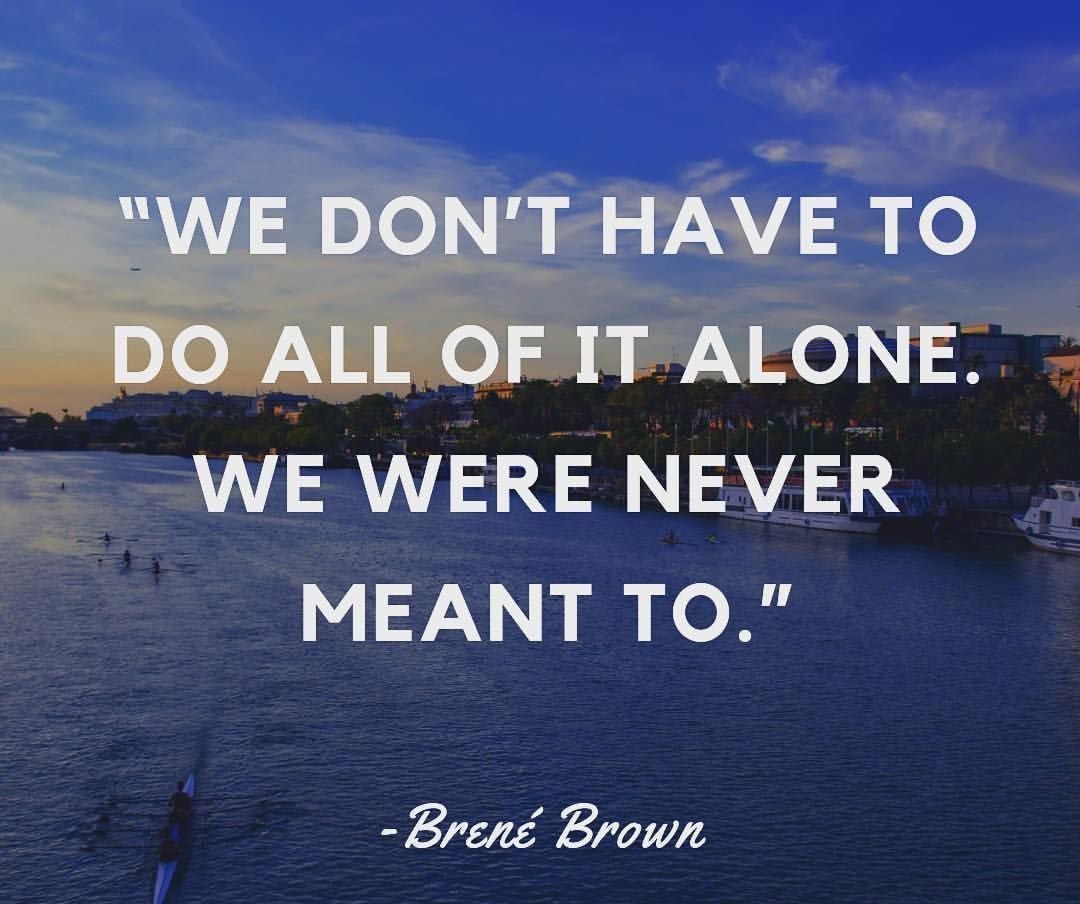
| 4. Relationships and Connection Brain Science Facts:
1. Even thinking about connections can activate a release of neurotransmitters.
2. Feeling socially connected reduces cortisol (the stress hormone).
3. Connections boost the release of oxytocin, the "love and cuddle" hormone.
|
| |
|
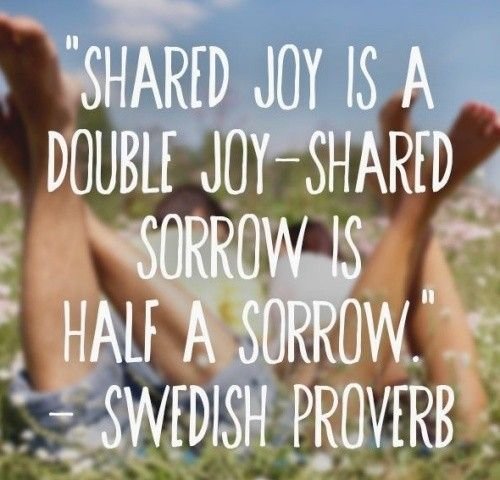
|
No one is immune to loneliness.
Encourage yourself to maintain meaningful connections during periods of physical distancing.
Catch up with a friend over FaceTime or Skype.
Instead of texting, call a friend or loved one.
Start a virtual book club.
Have a physically distanced walk or visit in the park.
|
|
|
Among the risks of loneliness are: an increased risk of cardiovascular disease, dementia, depression and anxiety. (Source: We Well-Being Playbook)
|
|
|
|
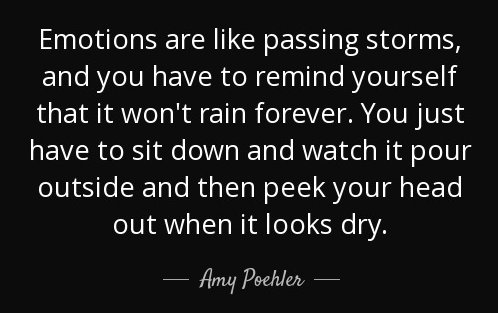
|
5. Emotional Regulation During this current experience of the COVID-19 pandemic, it is natural to feel the ups and downs of all of our emotions. It's okay to feel what you feel. Recognize it, name it, and then try one of these strategies to help you regulate to return to a more calm and relaxed state.
|
| |
|
|
Mindful Breathing Feel more settled and calm by spending a few minutes focused on your breathing. A 5-minute Mindful Breathing mindfulness meditation created by Stop, Breathe & Think.
|
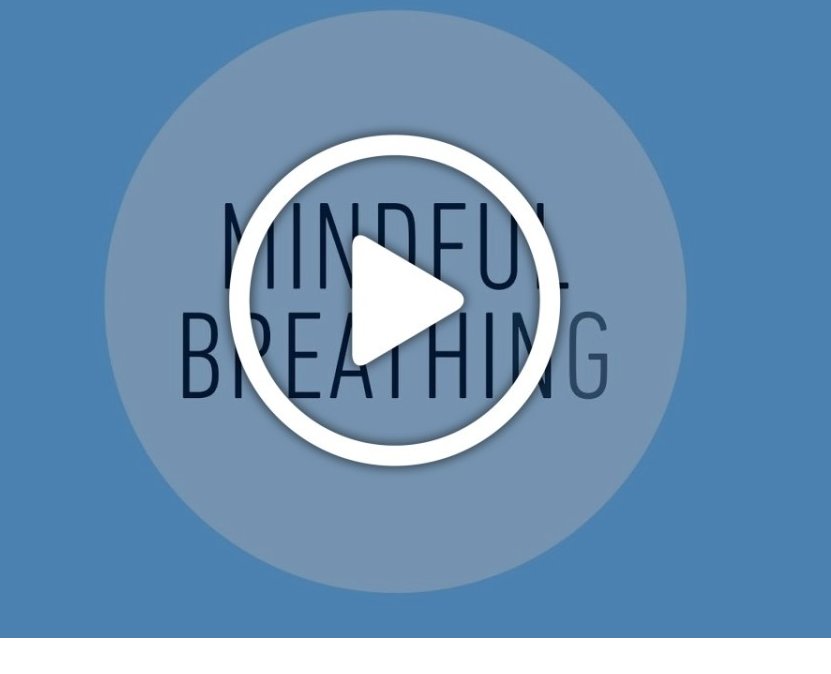
|
| |
|
|
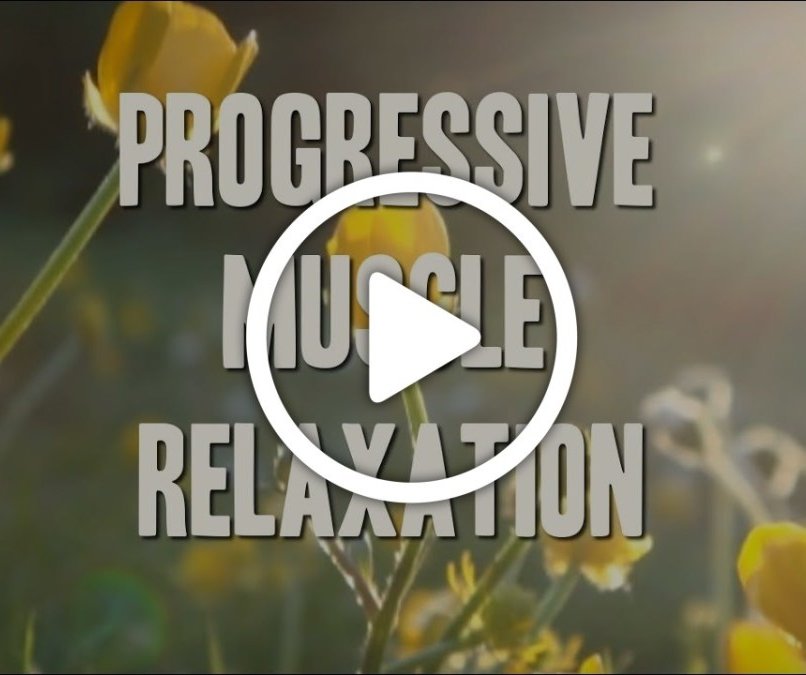
| Progressive Muscle Relaxation This guided progressive muscle relaxation meditation will help you release tension, relieve anxiety, manage panic attacks, or fall asleep. It is good for everyone, all ages, even kids. Progressive muscle relaxation is a well researched relaxation technique that is often used and prescribed as a medical treatment for insomnia, anxiety, headaches, stress relief, panic attacks, along with many many other health benefits.
|
| |
|

| Forest Bathing (shinrin-yoku) 1. Go for a nature walk. Let nature enter through your ears, eyes, nose, mouth, hands, and feet.
2. Listen to the birds singing and the breeze rustling in the leaves of the trees.
3. Smell the fragrance of the forest and breathe in the natural aromatherapy.
|
|
|
|
4. Taste the freshness of the air as you take deep breaths.
5. Place your hands on the trunk of a tree.
6. Dip your fingers or toes in a stream.
7. Lie on the ground.
8. Release your sense of joy and calm. (Source: We Wellness Playbook)
|
| |
|
"If ever there was a time and a need to honour our common humanity, "Namawyut (we are all one), this is it. This is the moment." (Chief Joseph)
|
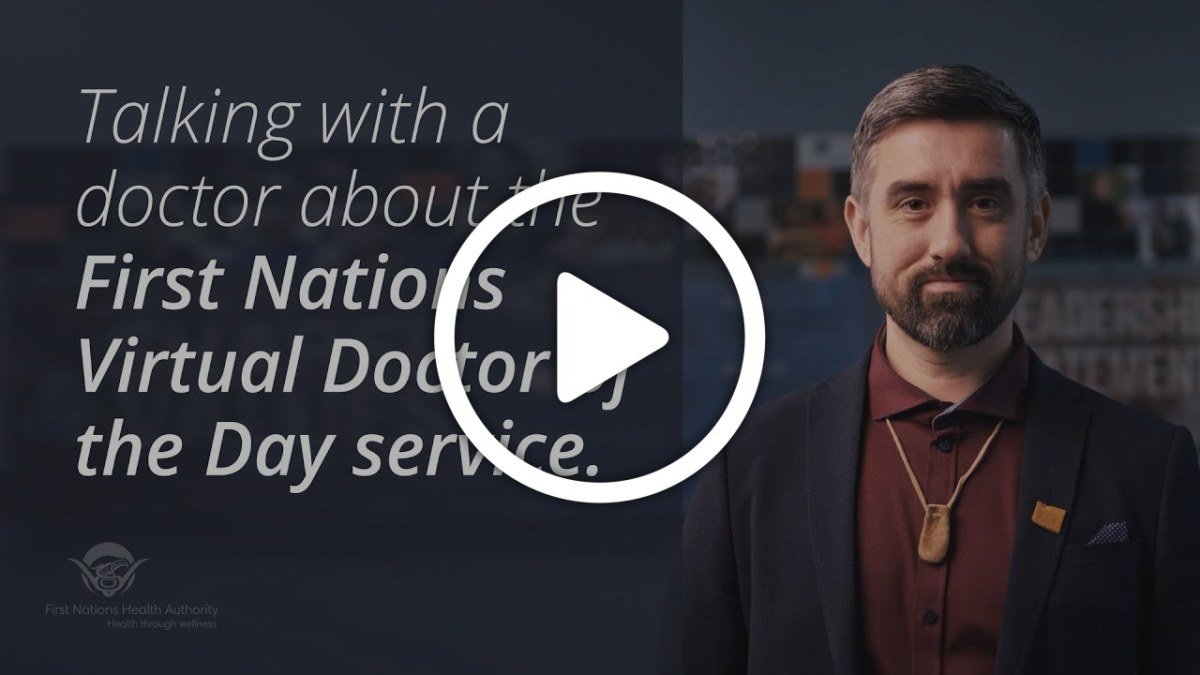
|
|
|
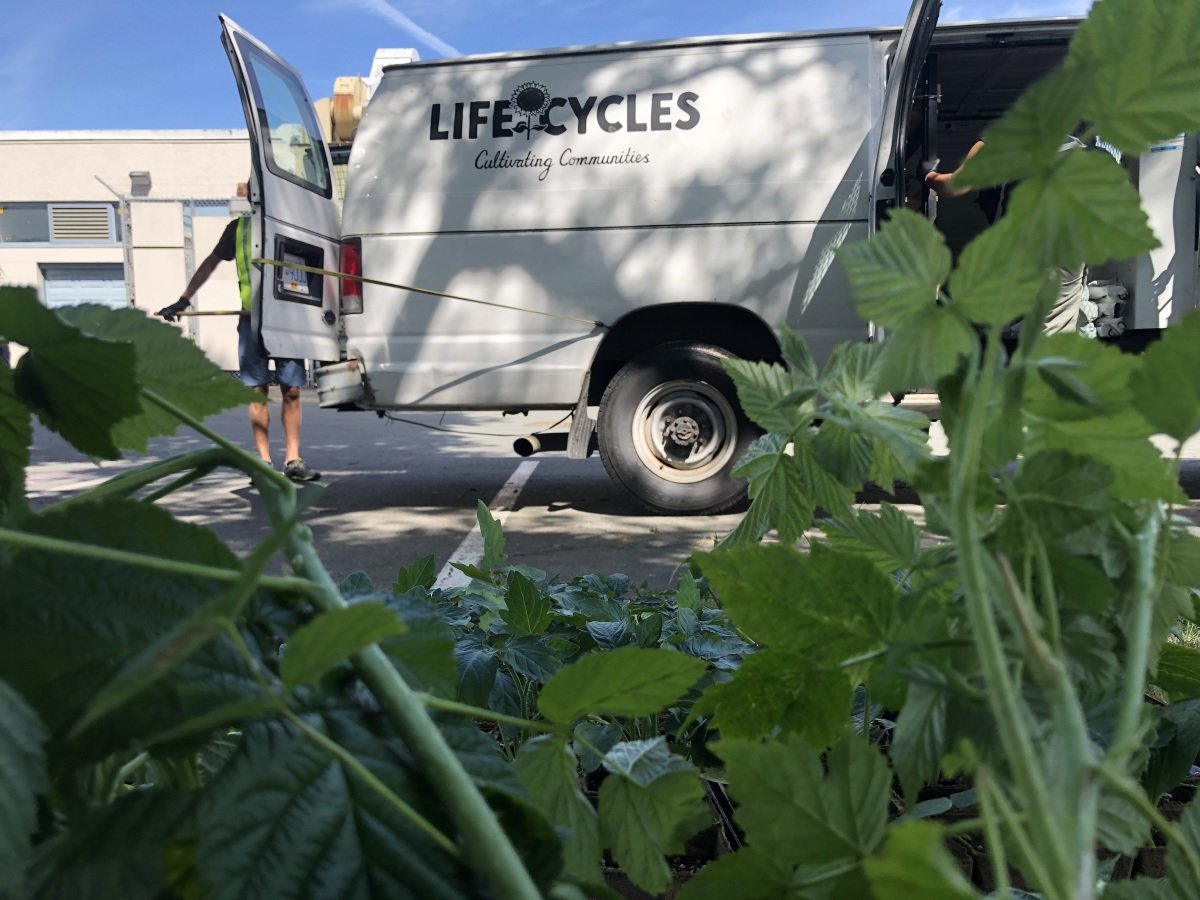
| Free Veggie Plants!
LifeCycles and Farm to School BC are excited to offer two more weeks of vegetable seedling distribution for SD61 families and staff as part of the City of Victoria's "Get Growing" initiative! Last week, we distributed over 6000 seedlings to nearly 700 families, and supported school gardens with several hundred more plants!
|
|
|
|
Did you pick up plants last week? If so, visit
the Growing Together website to learn more about how to care for your seedlings! This site has video tutorials and growing tips specific to our region. From June 1- 4, we will have the following plants available: cucumber, zucchini, squash, chard, basil, parsley, lettuce For the next two weeks, there will be a limit of 6 plants per household. Check out the poster for distribution locations and times. For more information about this initiative,
visit: LifeCycles Project
|
| |
|
|
|
|
|
|
|
Click the button below for a comprehensive list of Community Services and their availability during the pandemic.

|
|
|
|
|
|
|
| Learning Resources for Students with Complex Needs
|
|
|
|
|
| Food Resources for Families
|
|
|
|
|
|
|